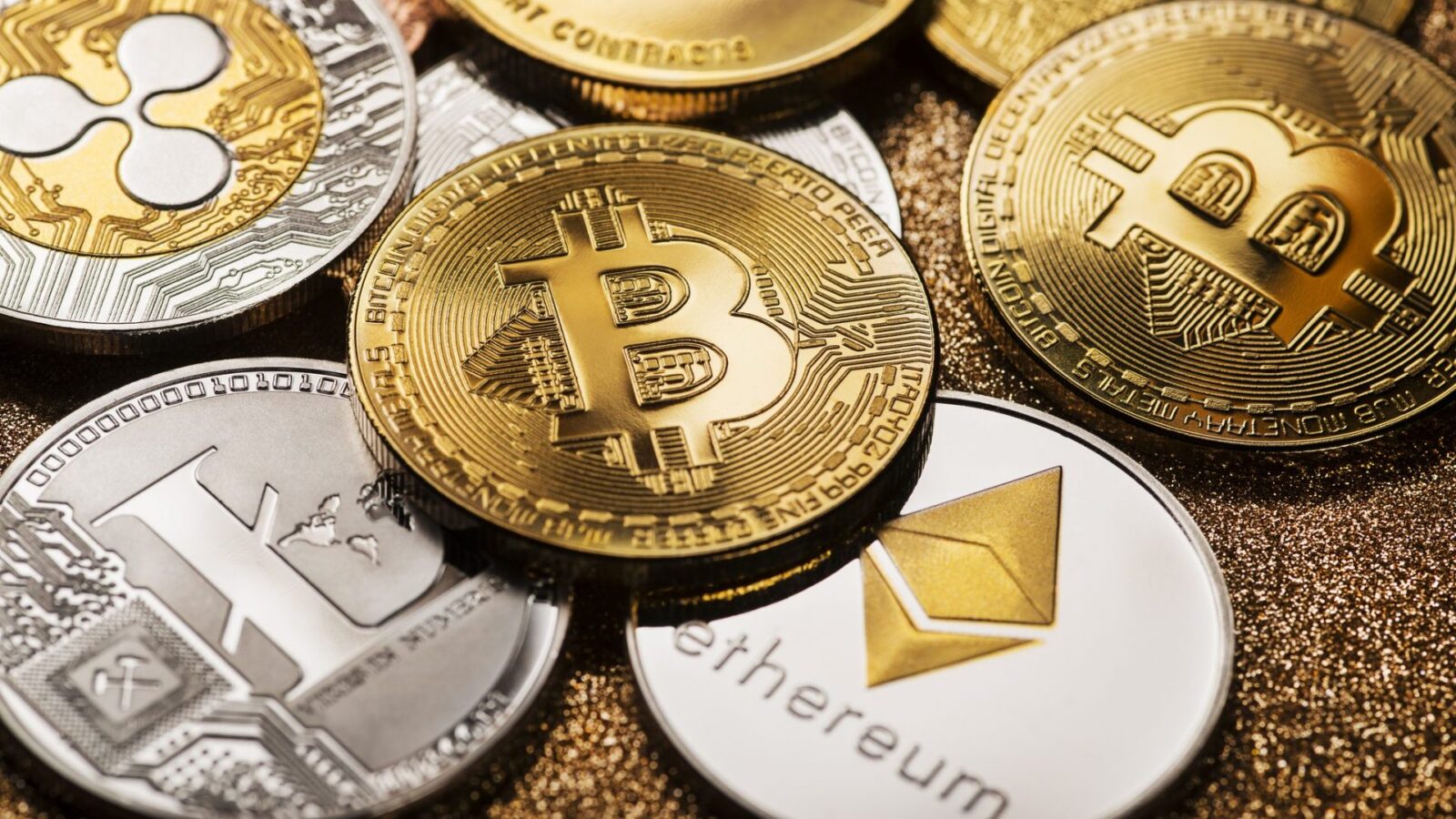The cryptocurrency market has been a hot topic lately, with many ups and downs. It’s a well-known fact that volatility is a trader’s friend. But what is causing the volatility? And most importantly, should you invest in crypto at all? This article aims to answer these questions and more about the best Australian crypto exchange to start investing in crypto.
What makes cryptocurrency so volatile?
The cryptocurrency market is still in its infancy and thus faces many challenges. For instance, there are over 1,400 cryptocurrencies floating in the market currently. This makes it hard for investors to track which coins are worth investing in. This can also disadvantage traders who may not know how to choose crypto coins with high probability rates of increasing their value.
Since the market is unregulated, there are no limits on how much a company can raise through an ICO or STO (security token offering). This means many people could get scammed into investing money into projects with no product yet made public or even working prototypes. Furthermore, there are no regulations on when investors can sell their tokens as well as how much they should sell them for if they do want to cash out before the project matures further down the road when more updates come out about it since most projects don’t go beyond just a website at launch time.
Why do Bitcoin prices keep falling?
Bitcoin prices are falling because of the ongoing wars and uncertainty. “Bitcoin will always be volatile,” David Fintz, chief investment officer at B2C2 Capital Ltd., told Bloomberg News in an interview. He also added that he was concerned about risks associated with investing in cryptocurrencies after they soared more than 500% in a year.
Why does Bitcoin keep surging?
There are several reasons why Bitcoin is surging in value.
- Firstly, cryptocurrency is gaining a lot of attention from the public. They see it as an investment opportunity and a haven asset to protect their assets against inflation and economic uncertainty.
- Secondly, it can be used as a speculative asset due to its limited supply (which makes it more valuable).
- Thirdly, because there’s no central authority controlling its value (unlike other currencies), people are buying Bitcoin to use as a global currency that they can instantly send anywhere in the world without fees.
- Lastly, some consider Bitcoin a technology rather than just another commodity or currency.
So, if you’re interested in investing in new technologies or seeing how technology will change your lives, then maybe this is worth looking into.
Is the volatility terrible for investors?
The volatility of the crypto market has seemed to fluctuate wildly over the last couple of years. However, investors need to be aware that this volatility can benefit them if they know how to manage their investments and use it as an advantage. To understand why volatility is suitable for investors, you must first understand what it is and how it works in the Australian crypto exchange market.
Volatility refers to the inconsistent prices of cryptocurrencies over time because they depend on human emotions and behaviours rather than a physical commodity such as gold or oil with predictable supply-and-demand curves (like other financial assets). In other words, prices can change drastically at any moment due to various factors such as political news or inadequate press coverage about specific coins/tokens, which leaves them open for manipulation by outside forces trying either intentionally or unintentionally to manipulate prices for personal gains.
Conclusion
You see, cryptocurrency is a new asset class. It’s a new technology that offers the promise of wealth-generating opportunities and has given rise to an entire industry. This can be intimidating for investors who are used to the old ways of doing business and thinking about markets.
So what does this mean for investors? The volatility shouldn’t be an issue if you’re holding onto your cryptocurrency and not selling it.











